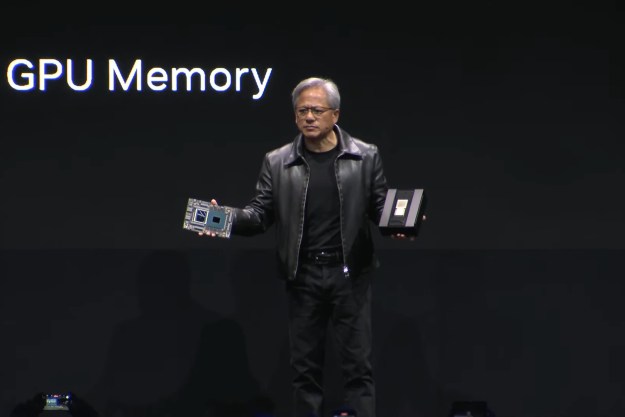
It’s all part of Project Sapphire, a collaboration between the tech company and the renowned institution that seeks to “develop a cognitive system that functions as an academic adviser.” And while the initial iteration of the robotic adviser will be geared specifically towards undergraduate computer science and engineering majors at the University, the project may ultimately “allow researchers to explore how smart machines interact with people in goal-driven dialogues.”
While current interactions with computers, machines, and even more advanced AI systems like Siri tend to miss the vital human element of empathy, these researchers hope to change this by focusing on EQ as well as IQ. In order to do so, researchers will record and analyze “large volumes” of recorded interactions between actual human beings — specifically, college students and their current advisers. By listening to everything from how course selection conversations go, to career advice, to recommended resource for homework help, the scientists will draw upon these experiences to teach their own AI, “and ultimately learn how to automatically navigate and successfully reply in conversations.”
A slew of impressive technologies will be employed in order to achieve success through Project Sapphire, including deep learning, machine learning, reinforcement learning, natural language understanding, knowledge representation, and emotion analysis, making this robot one of the most advanced to date.
“Human-to-machine interactions, similar to human-to-human conversations, are rarely confined to one question and one answer,” said David Nahamoo, IBM fellow and chief technologist for conversational systems, IBM Watson in a statement. “They involve multiple turns of a conversation with responses that can be imprecise and unclear, making it difficult to simulate the human experience. By partnering with the University of Michigan, we have an enormous opportunity to apply AI technologies in new ways and transform human-machine communication.”
But don’t worry, guidance counselors — this AI isn’t meant to put you out of a job. Rather, it’s simply meant to supplement existing resources to further aid students in making potentially life-changing decisions. And at the end of the day, the implications of Project Sapphire extend far beyond the university realm.
“What we are building has the potential to revolutionize how we interact with our computers and other devices such as our cars and our appliances,” said Satinder Singh Baveja, professor of computer science and engineering and director of U-M’s AI Lab. “These conversational systems become cognitive advisers that can assist us in a variety of personal, professional, and enterprise tasks, such as advising for personal finance, helping employees in scheduling meetings and travel arrangement, and providing technical support to customers of an enterprise.”
Editors' Recommendations
- We may have just learned how Apple will compete with ChatGPT
- Boston Dynamics uses ChatGPT to create a robot tour guide
- Meta just created a Snoop Dogg AI for your text RPGs
- ChatGPT may soon moderate illegal content on sites like Facebook
- Security robots could be coming to a school near you


